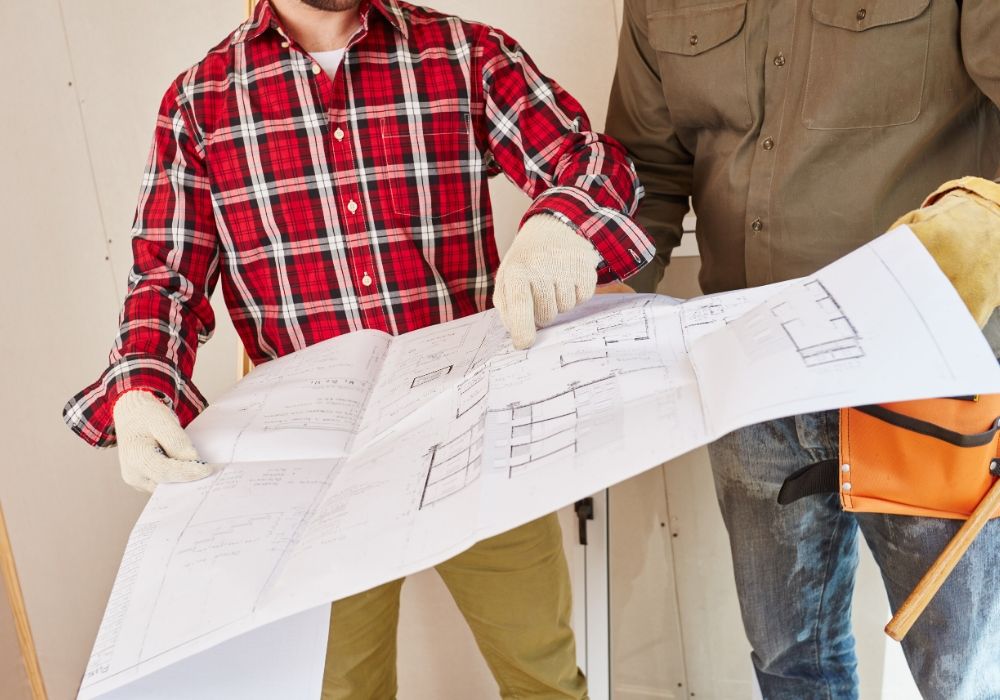Planning authorities need to be careful that people do not miss the chance to have their say on applications affecting them or their homes, a planning expert said today.
Regulations which came into force on May 14 temporarily amend the obligations of councils to publicise planning applications during the coronavirus outbreak.
The regulations are designed to address the difficulties, in current times, with the usual methods of publicising applications which include sending letters to adjoining owners or occupiers, placing site notices, advertising in newspapers and allowing people to inspect planning application documents at council offices.
But Tracy Lovejoy, planning lawyer at Lanyon Bowdler Solicitors in Shropshire, has said the legislation could mean people are not informed about nearby planning applications.
She said: “The new rules come into play where it is not reasonably practical for a council to comply with the normal publicity procedures. In those cases, the council would only be obliged to comply with the normal publicity requirements ‘so far as is reasonably practical’.
“They can then publish the application documents and carry out their public consultation online, as long as they take reasonable steps, including announcing on social media and other electronic means, to inform people who are likely to have an interest in the application of the fact that they are doing so.
“There are obvious difficulties, caused by restrictions on movement, in the physical aspects of publicising applications. Lots of workplaces are closed, including, for most purposes, council offices and staff are being encouraged to work at home.
“This means that even where council offices are still open, there might be less staff around to send out letters or put up site notices.
“There are limited periods within which people can respond to an application and although some councils would rather accept a late representation than be accused of missing a material fact, a few councils adhere more strictly to the time limits.
“Even within the normal rules, people occasionally find out about nearby planning applications when it is too late, or almost too late, to make representations.
“If, under the new rules, councils decide to forego notification letters and site notices, there is a risk that a significant number of people will simply not know about applications which may affect them.
“Notices on site or in public places are particularly useful at the moment as more people are taking advantage of their right to exercise by walking around.
“The provisions about taking reasonable steps to ensure that residents are aware of the application are also important, and it may be counter-productive to members of the public who do not have access to fast reliable internet services for the council to rely solely on social media to announce that planning applications are being publicised online.
“The coronavirus outbreak has made it extremely difficult for everyone, including those involved in the planning system, but it’s important that councils consider carefully what they can do to reduce the risk of people missing out on their right to respond to planning applications which could affect them.”
For more advice, contact Tracy on 0800 652 3371, email tracy.lovejoy@lblaw.co.uk or visit www.lblaw.co.uk








